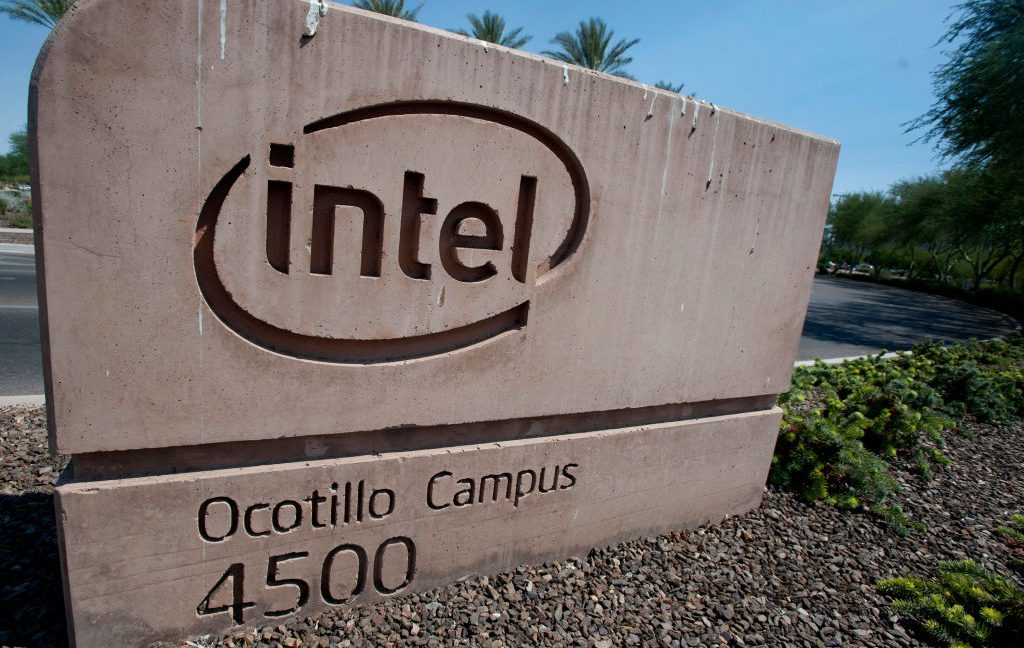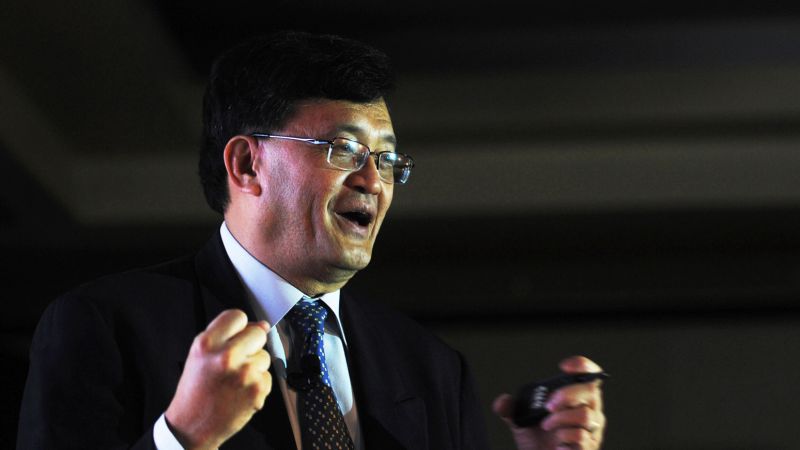Intel Appoints Lip-Bu Tan as New CEO Amid Struggles
Intel names Lip-Bu Tan as its new CEO to steer the company through a challenging phase, following the ousting of Pat Gelsinger.
Overview
Intel has appointed Lip-Bu Tan as its new CEO starting March 18, following a tumultuous period marked by significant losses and leadership changes. Tan, a former board member and CEO of Cadence Design Systems, takes over from interim leaders David Zinsner and Michelle Johnston Holthaus after Pat Gelsinger was ousted due to poor performance. His appointment follows Intel’s $18.76 billion loss in 2024, its first since 1986. With competitors eyeing Intel, the company aims to regain its position in the chip industry by doubling down on its foundry business, backed by government support under the CHIPS Act.
Report issue

Read both sides in 5 minutes each day
Analysis
- Lip-Bu Tan is appointed as Intel's new CEO amid significant challenges for the company, including a substantial financial loss of $18.76 billion in 2024.
- Despite being a former board member, Tan's past disagreements with Intel's management strategies raise concerns about the effectiveness of his leadership in turning the company around.
- The upcoming launch of the 18A manufacturing process is critical for Intel as it aims to regain competitive standing in the chip market.
Articles (4)
Center (2)
FAQ
Lip-Bu Tan was chosen for his exceptional leadership skills, deep semiconductor industry experience, and proven track record of creating shareholder value. His background as CEO of Cadence Design Systems and his relationships across the semiconductor ecosystem were key factors.
Intel faces significant challenges, including regaining its position in the chip industry, managing substantial financial losses, and competing with other companies while focusing on its foundry business.
David Zinsner will continue as executive vice president and chief financial officer, while Michelle Johnston Holthaus will remain CEO of Intel Products. Both will report to Lip-Bu Tan.
The CHIPS Act provides government support to enhance semiconductor manufacturing in the U.S., which can help Intel's foundry business by offering incentives and funding for domestic chip production.
History
- This story does not have any previous versions.



